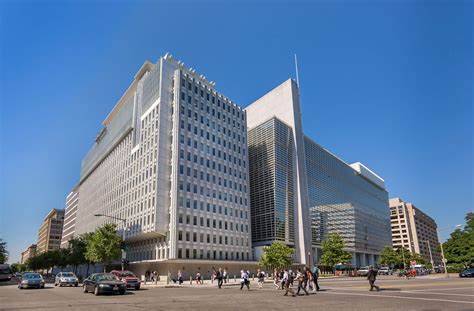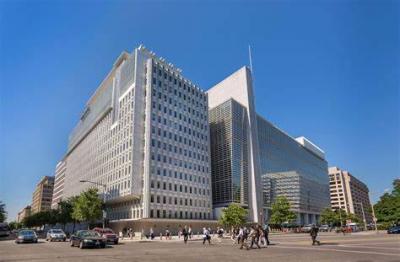The World Bank, in its report on "Poverty Outlook in Lebanon," predicts an economic contraction of 0.2% for the country in 2023. This follows a contraction of 0.6% in 2022 and 7.0% in 2021, with an expected growth of 0.5% in 2024. The Bank attributes this contraction to the escalating conflict in southern Lebanon due to the war on Gaza, which has caused hundreds of casualties and injuries, along with the internal displacement of approximately 90,000 individuals. The report notes that hundreds of homes in southern Lebanon were damaged by the attacks, alongside significant destruction of infrastructure and severe damage to agricultural lands, including fires and pollution.
The conflict has also triggered shocks in the tourism sector during the fourth quarter of 2023, impacting economic growth. The report highlights that the southern conflict has exacerbated shocks in Lebanon, which continues to suffer from a significant social and economic crisis amid political and institutional vacuums (presidential vacancy, caretaker government, limited legislative achievements, and lack of political will for essential reforms). It mentions that the economic growth in Lebanon for 2023 could have turned positive at 0.2% (due to strong tourism revenues during the first nine months of the year) were it not for the outbreak of war in Gaza.
In a separate context, the World Bank's report, detailed in the weekly bulletin of the Lebanese Credit Bank, anticipates an increase in government revenues from 6.1% of GDP in 2022 to 15.3% in 2023 due to measures implemented in the 2022 budget (which became effective in 2023) and the decision to start collecting port and airport fees in US dollars in 2023. It revealed that the new management decision of the Central Bank to refrain from financing the budget in the second half of 2023 explains the surplus in the budget (0.5% of GDP) and the primary surplus (1.6% of GDP) during 2023.
The report noted that the Parliament has approved the 2024 budget, which predicts a zero deficit and revenue of 17.3% of GDP in 2024. However, it cautioned that the budget balance does not consider payments on previous budgets and government debt denominated in US dollars, considering the 2024 budget a missed opportunity to implement necessary changes to the budget and fiscal policy.
Additionally, the report indicated that the exchange rate of the Lebanese pound against the US dollar has stabilized at about 89,700 Lebanese pounds to one dollar since mid-2023 when the management of the Central Bank changed. This stabilization is attributed to the suspension of the Sayrafa platform and increased inflows of foreign funds from tourism and remittances from expatriates, alongside a reduction in circulating cash. The total reserves of the Central Bank rose by $883 million in the last five months of 2023.
Inflation has increased to 221.3% in 2023 due to the significant depreciation of the local currency against the US dollar in the first half of 2023. However, the stabilization of the exchange rate in the second half of the year led to a gradual decrease in the average monthly inflation rate to 1.2% from August to December (excluding October, which saw a sixfold increase in the cost of education in the inflation index).
The report estimates that the current account deficit may have decreased to 11% of GDP in 2023, down from 32.7% of GDP in 2022. This decline (from $6.9 billion in 2022 to $2.0 billion in 2023) is primarily due to the reduction in the goods trade deficit and a surplus in the services trade (10% of GDP). The World Bank forecasts that, "if Lebanon adapts to the fluctuating security situation and if tensions in the south cease in the second half of this year, Lebanon may record real economic growth in 2024."
According to the report, without a plan to address the crisis and a program leading to economic growth, the depletion of the country's human, social, and natural capital is likely to increase. Finally, the World Bank predicts that the inflation rate in Lebanon will decrease to 83.9% in 2024, as all components of the index have become dollarized.




